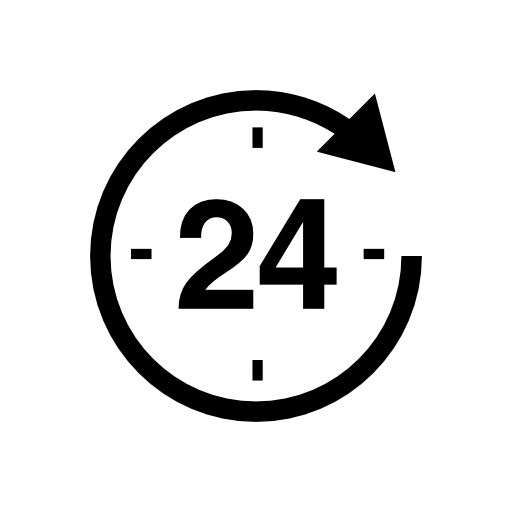Stop Walking on Eggshells, second edition.
Your therapist probably recommended Stop Walking on Eggshells - many do - this 1998 self-help guide for the family members of a person with Borderline Personality Disorder (BPD) is well known among therapists. This book was the first of its kind to address the concerns of BPD family members and friends.
Most therapists will suggest this book to see if the description sounds anything like your mother, child, spouse. For this purpose, it's an excellent book... easy to understand... good examples.
Your therapist probably recommended Stop Walking on Eggshells - many do - this 1998 self-help guide for the family members of a person with Borderline Personality Disorder (BPD) is well known among therapists. This book was the first of its kind to address the concerns of BPD family members and friends.
Most therapists will suggest this book to see if the description sounds anything like your mother, child, spouse. For this purpose, it's an excellent book... easy to understand... good examples.
Now, the second edition of Stop Walking on Eggshells is
available (New Harbinger, 2010), and the book continues to be very useful introduction for family members, spouses, and friends of people
with BPD.
In the new edition, the medication information has been updated as well as the resources appendices.
In the new edition, the medication information has been updated as well as the resources appendices.
The book has a number of notable strengths. It covers a broad range of issues that loved ones face, and acknowledges that different types of relationships are affected differently by BPD. In addition, the book is quite sensitive to individuals with BPD, and goes to great lengths to be clear that people with BPD are not intentionally manipulative or hurtful, while also addressing the many challenges that BPD family members face.
Stop Walking on Eggshells also provides lots of real life
examples of the issues discussed in the book, which makes it easy to
read and digest. The sections that cover limit setting and boundaries
are particularly detailed and helpful starting point for anyone just discovering this problem with a loved-one.
- Because the book addresses BPD relationships with such breadth, many of the topics cannot be covered in great depth, and end up feeling a bit superficial.
- The book draws little from published peer-reviewed research on BPD families. However, this is in part due to the lack of research available.
- The format feels a bit disorganized and choppy which can be distracting and tiring.
 |
| First Edition 1998 |
We welcome you comments below on either book.
Author: Skip

















"Many books have been written about BPD since 1996 and the publication of Stop Walking on Eggshells and frankly, there are better books out there for explaining the disorder."
ReplyDeleteCan I please have some titles? Thanks!
hi anonymous - i just had a good look at amazon.com and not only are there some great looking books (and links to suggested others) most of them have also been reviewed by readers - very helpful! i just chucked in the words 'borderline', 'borderline personality disorder', etc. good luck :)
ReplyDeleteI found this book useful, and I am pretty tough (I frown on a lot of self-help books - too general): "The Borderline Personality Disorder Survival Guide" by Alexander L. Chapman, Ph.D. and Fim L. Gratz, Ph.D. ...The book goes through the usual, but fairly current (2007) rundown of what the disorder is in a balanced way. That is, the presentation is not stereotypical. A little biology is discussed (easy to read). And the current treatments (DBT, talk therapy, Mentalization)as well as medications often used. A bit on dealing with suicial thoughts was helpful. I found the book easy to read and thorough, while remaining popular enough to be read by a layman. peace - Sylvester
ReplyDeleteAs a relative newcomer to the BPD world in understanding, I got a lot out of the Eggshells book and am now starting on the second one, the Essential Family Guide one. The Eggshells one was a good and helpful one for me as I saw clearly "this is what I've been dealing with my whole life!" first with my mother and then with my husband. As far as getting familiar with the patterns and behaviors of the person with BPD they've been helpful. I think I'll work my way up into some of the others after I finish the Guide one. But Eggshells certainly opened my eyes.
ReplyDeleteI am worried about this person no comunacation with this person 48 hours has had attempted suiside twice what do I do
ReplyDeletedo I call or let it in gods hands
ReplyDeletephone the authorities? maybe there is a helpline you can call? What happened? Are they ok?
ReplyDeletehi all..i myself am suffering from BPD along with a major serving of depression. and have been on tretment for one year now. i've recently changed my therapist who has suggested stop walking on eggshells to my husband who is finding it increasingly difficult to bear with my mood swings and out of control emotional outbursts. i'm really unsure what should be our self help guide..though the marriage counsellor through a series of intensive tests has established that our marriage is in no grave trouble or any trouble at all for that matter but we need to manage my problem through me doing something enjoyable and distracting rather than making my husband my axis of rotation. he also has been asked for a quality "me" time himself so he doesn't decompensate himself. still its all very difficult to cope with. can you really really suggest what should either of us read for some more guidance. we both are doctors but having to deal with BPD on personal level has proved too much..
ReplyDelete